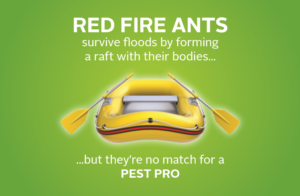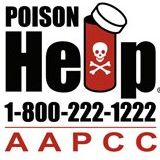Ants – baits or Termidor
So the question is – Ants – baits or Termidor, what is the best or what works best?
So what is my preference? Inside or outside would be my 1st question? Inside = TerroPCO, it is a bait which the scout ants find and then the others to take it back home and the Queen drinks and dies. Outside you may have a few more choices from MaxForce Granular bait to Termidor (a spray). I prefer the spray, I use a small spritzer bottle and go around the mound. The bait is a little trickier, once open it needs to be kept cool to maintain the oils. Often times people will open the bait container, product works fine and then needs it again and this time doesn’t work. Oil has dried out and nothing to encourage ants to take it home.
Like any pest, ID first and then decide on the battle technique. Set the plan and get into the battle, as it may turn into this. It may take follow-up and consistency in treatment protocols, that is one reason why calling a Pest Management Professional is the Key to solving that pest issue.
[embedyt] https://www.youtube.com/watch?v=fvkOLV_VCPY[/embedyt] [embedyt] https://www.youtube.com/watch?v=BqvWOJI_Iuc[/embedyt]




